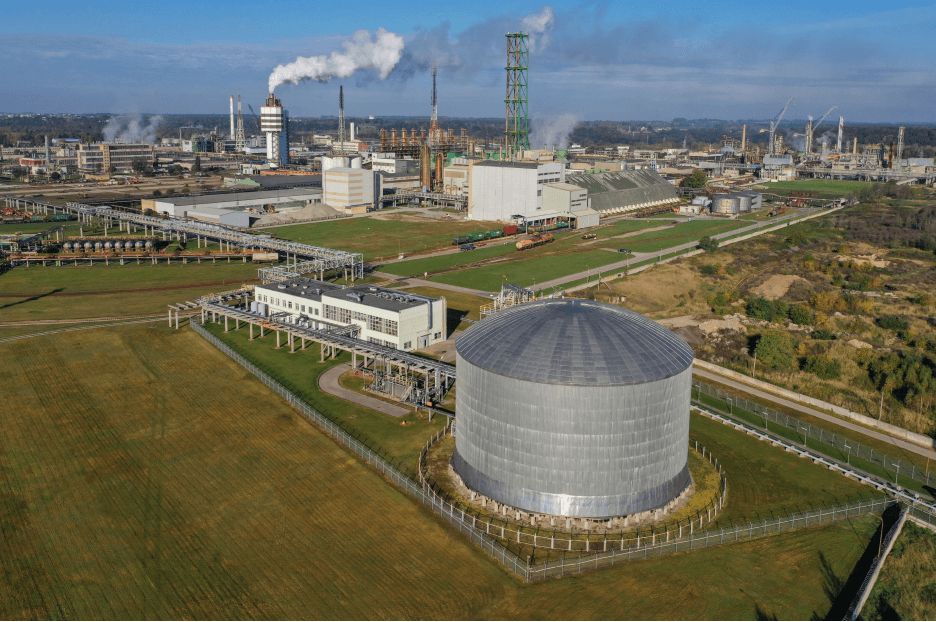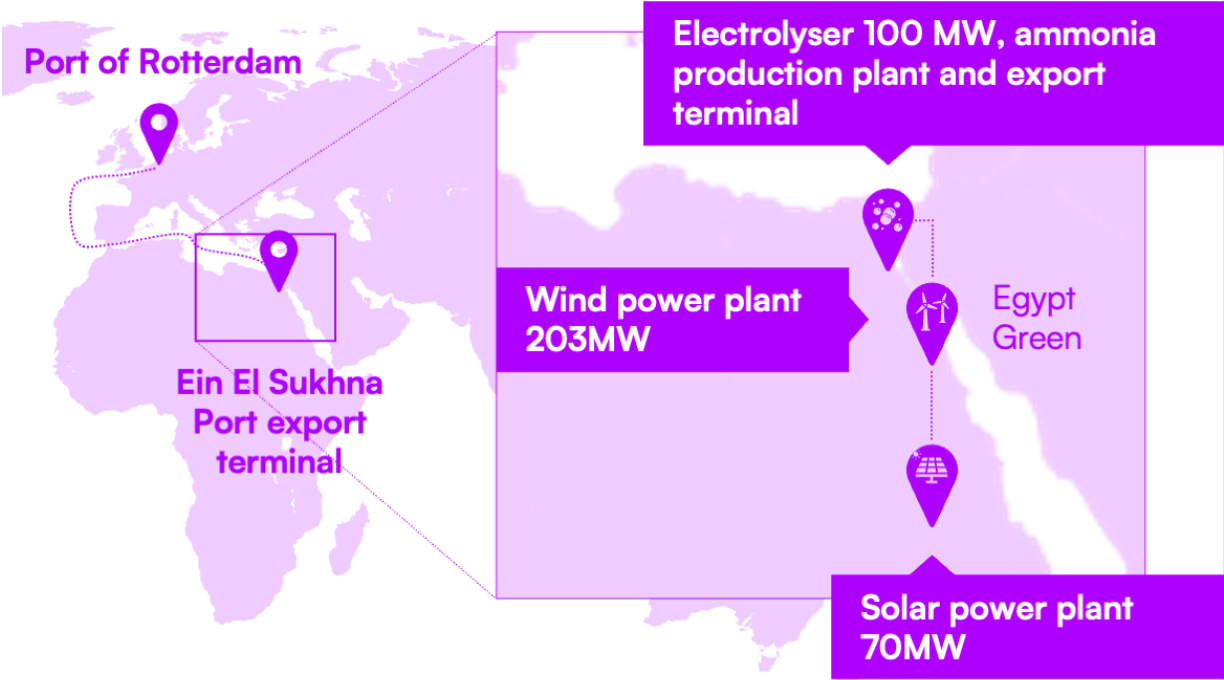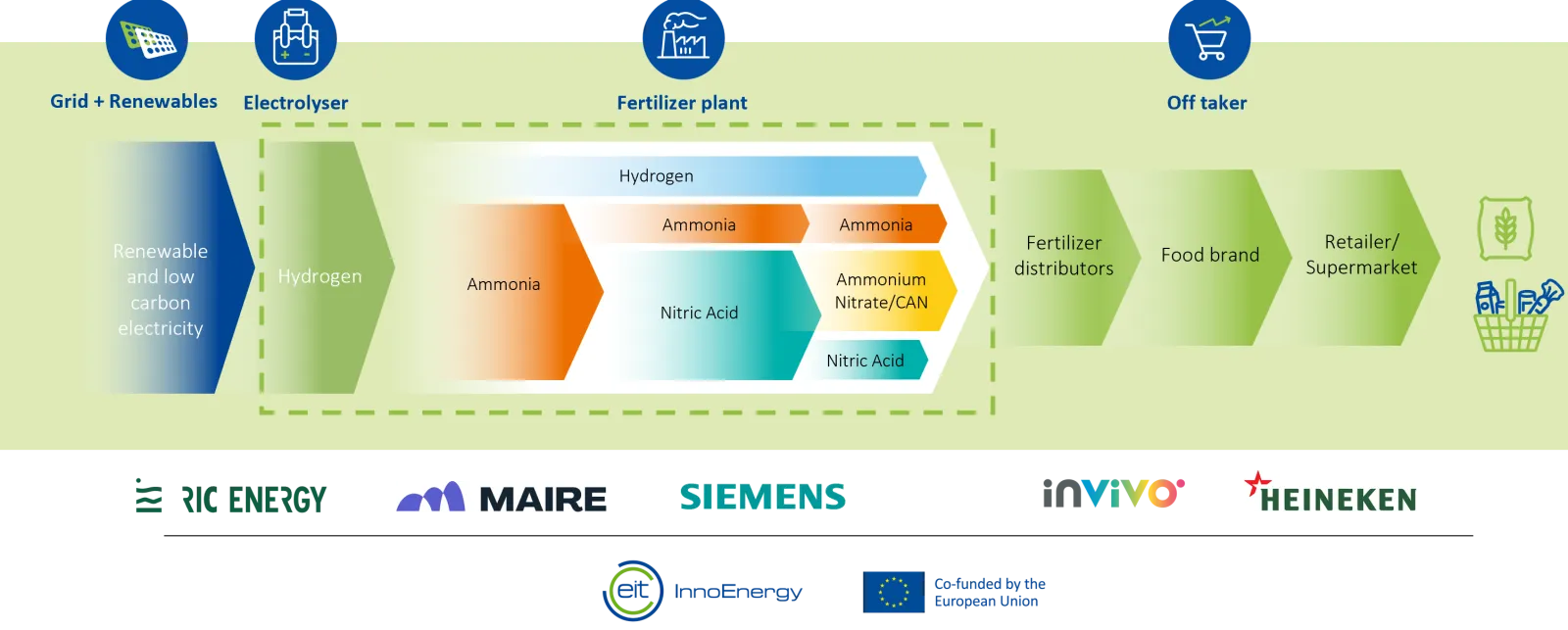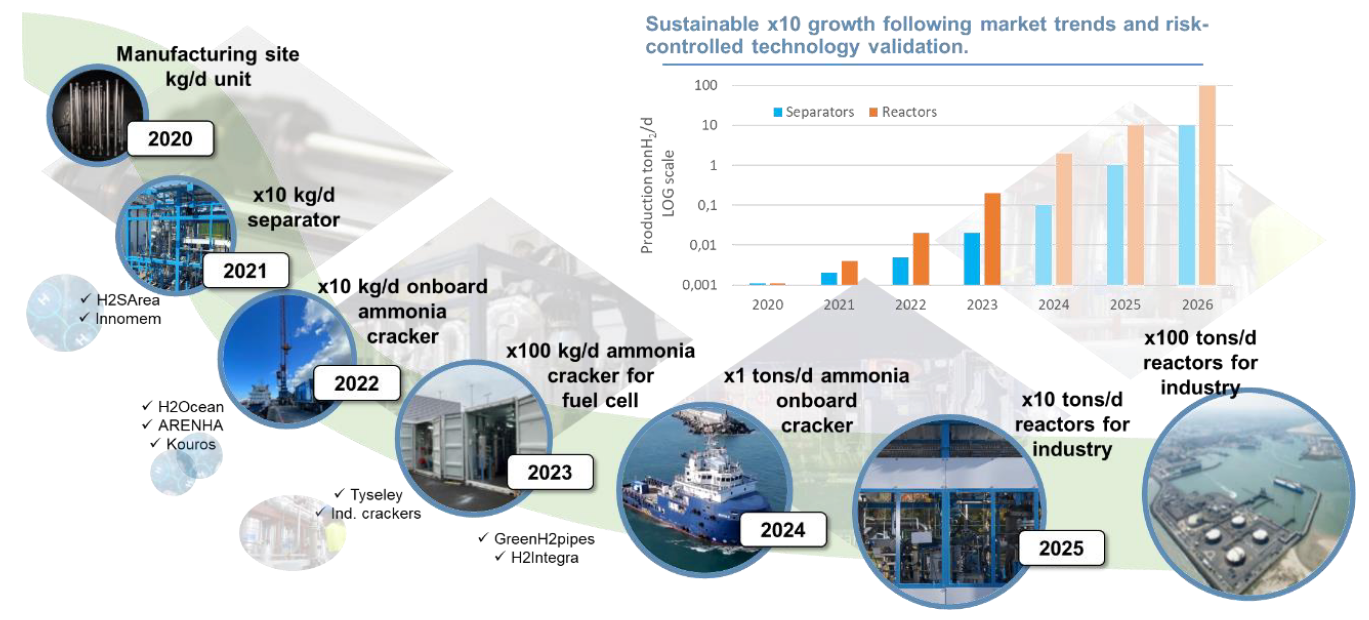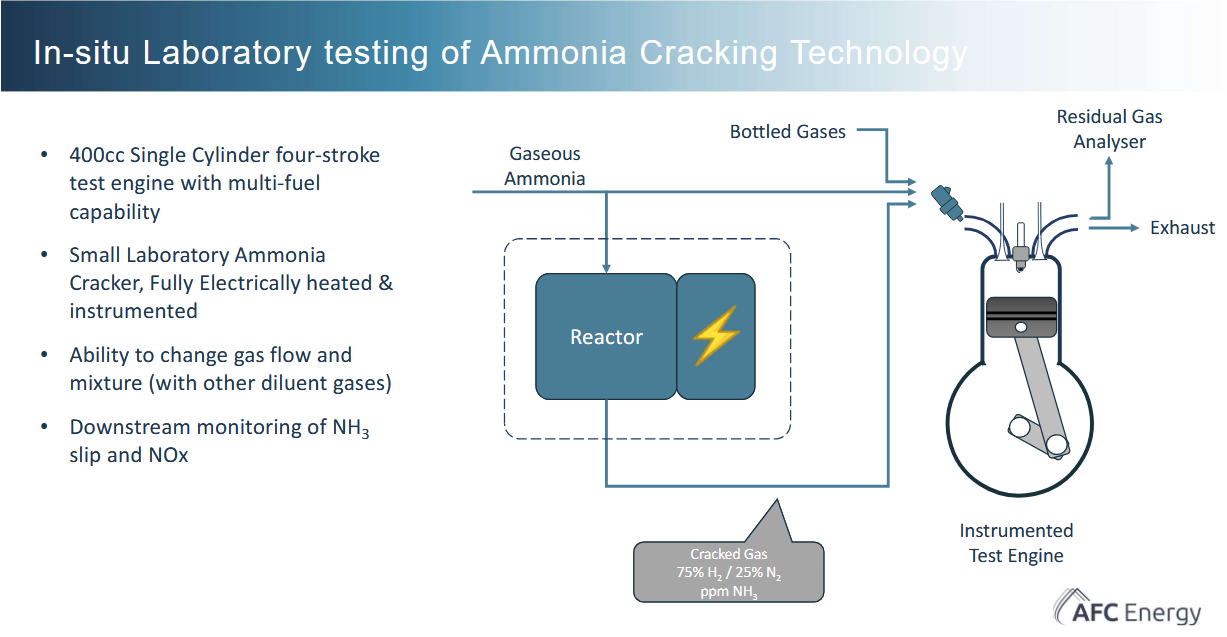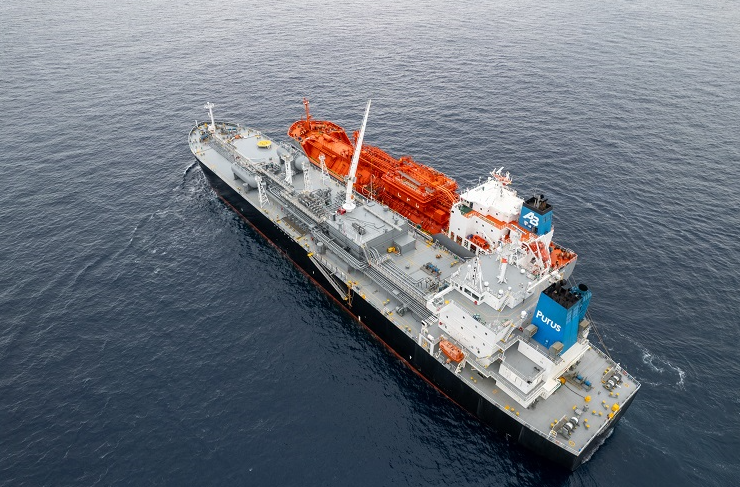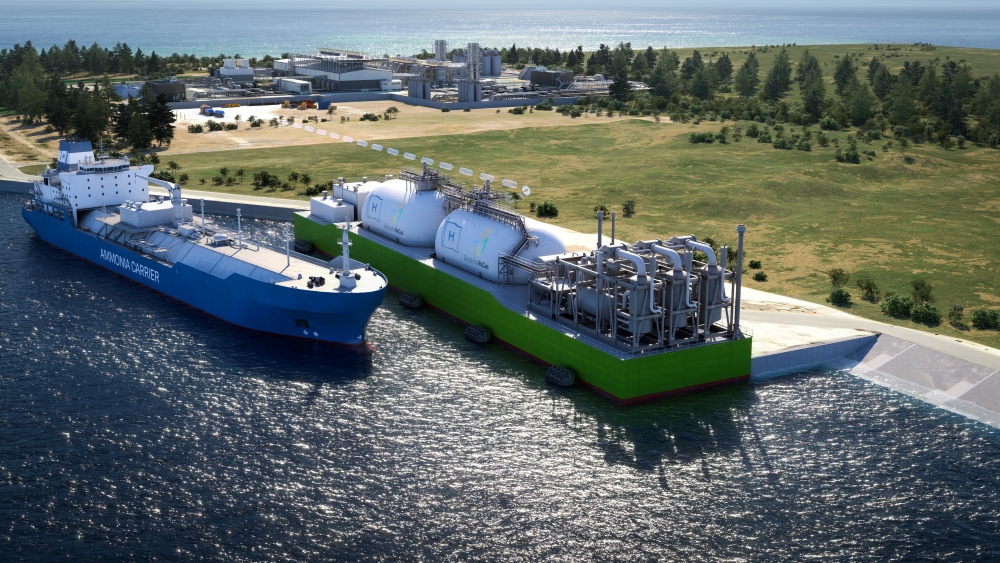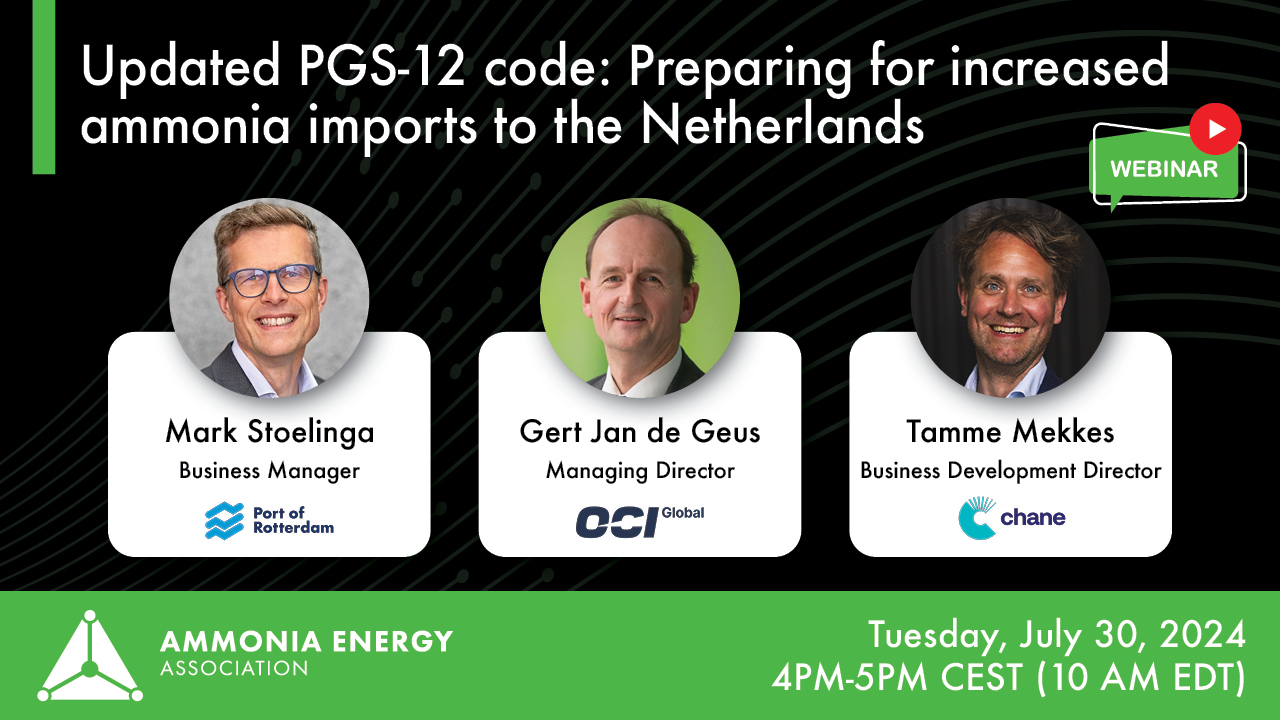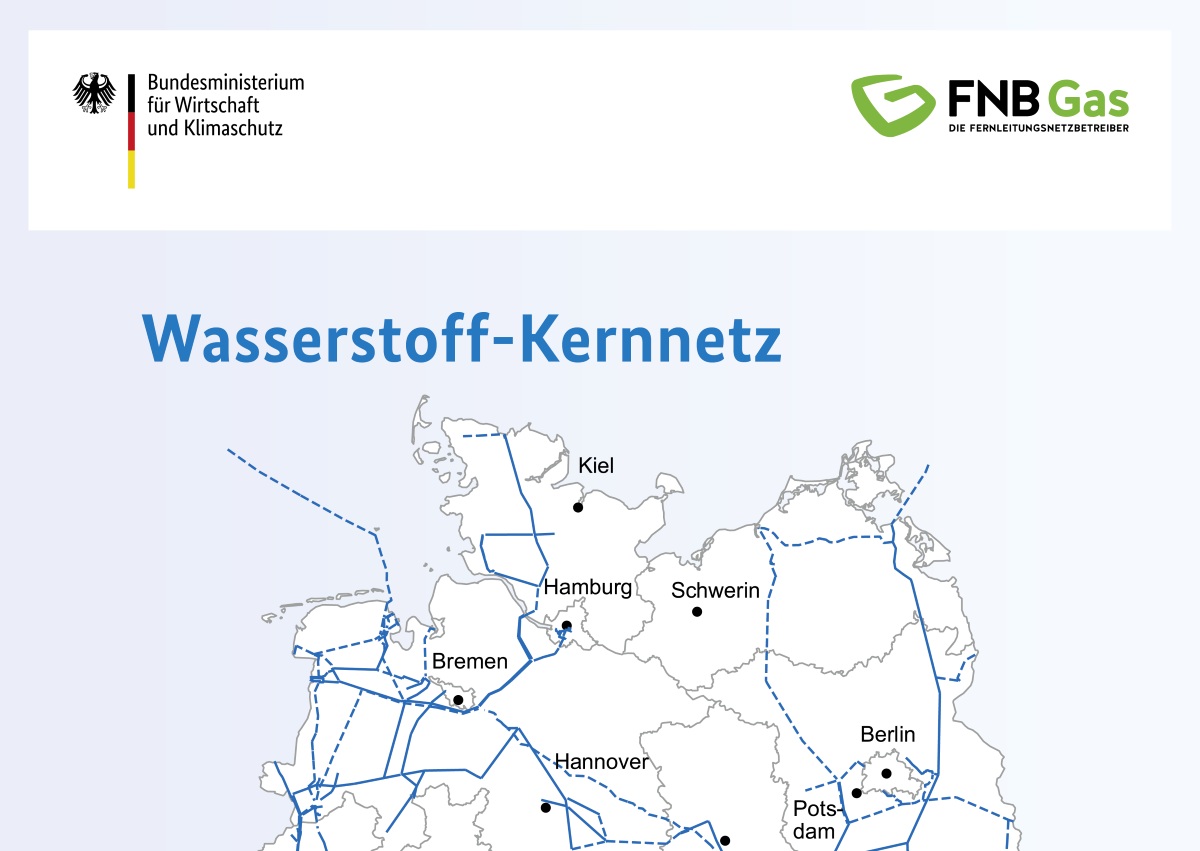AB Achema: decarbonised fertiliser production in Lithuania
The European Commission has approved a €122 million Lithuanian state grant to support AB AChema to decarbonise fertiliser production at its existing facility in Kaunas. A 171 MW electrolysis plant will be installed, producing enough renewable hydrogen to displace 30% of the current, gas-based feedstock used at the site.
